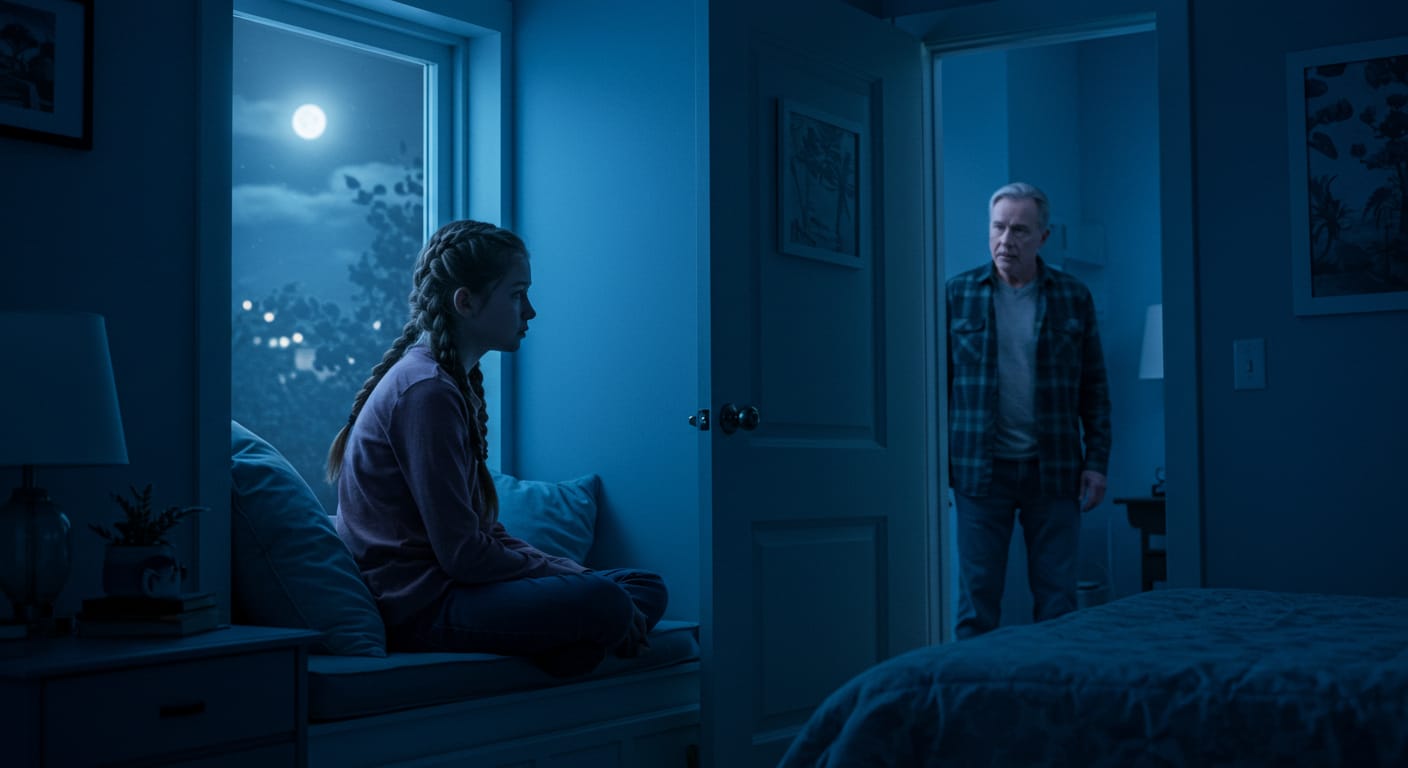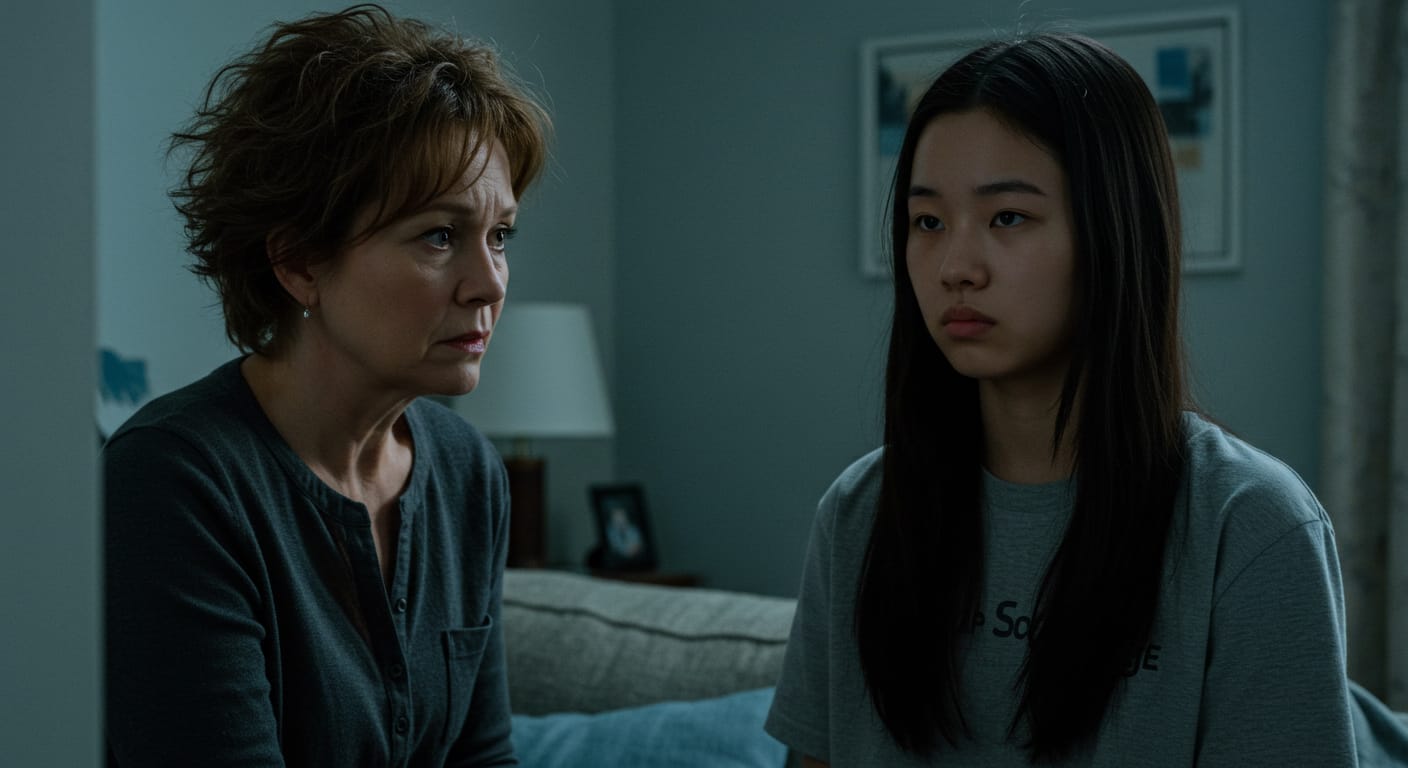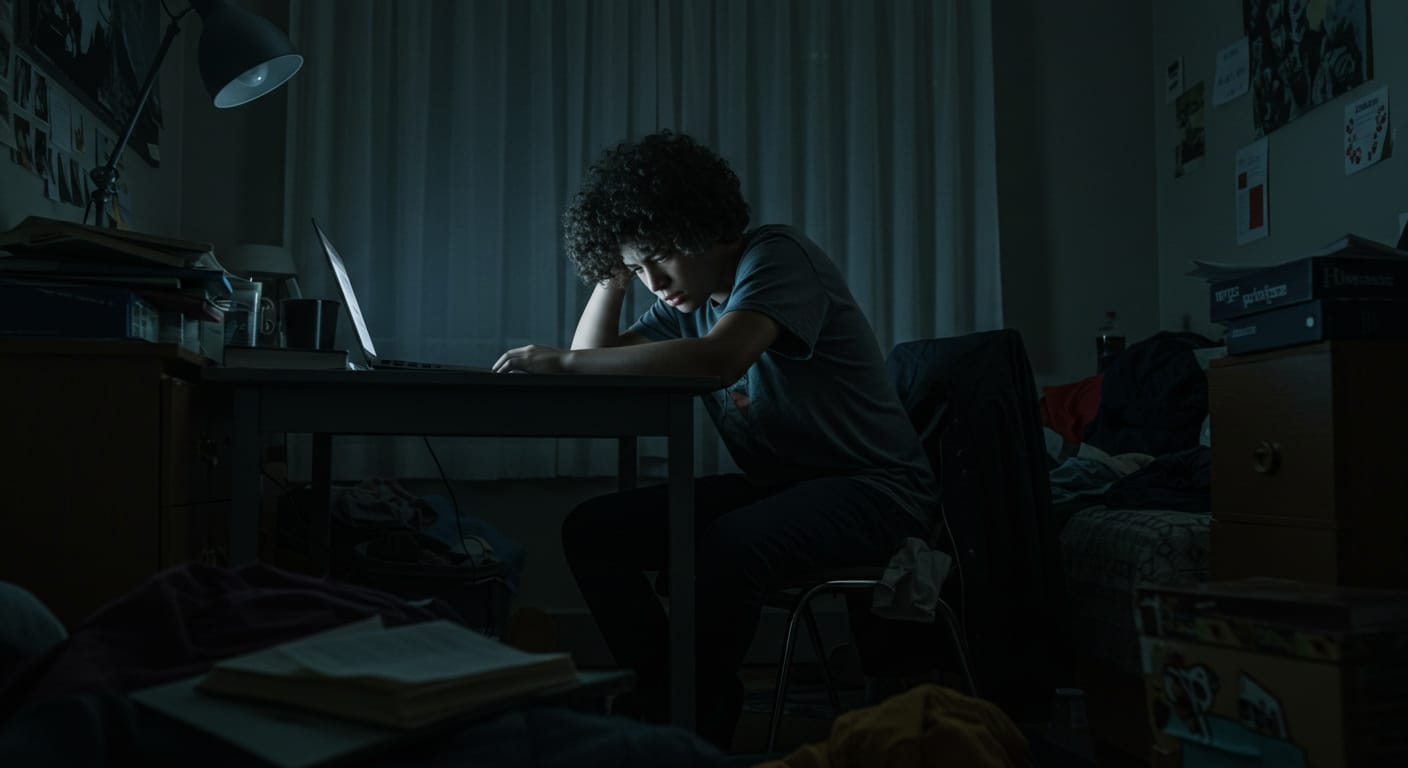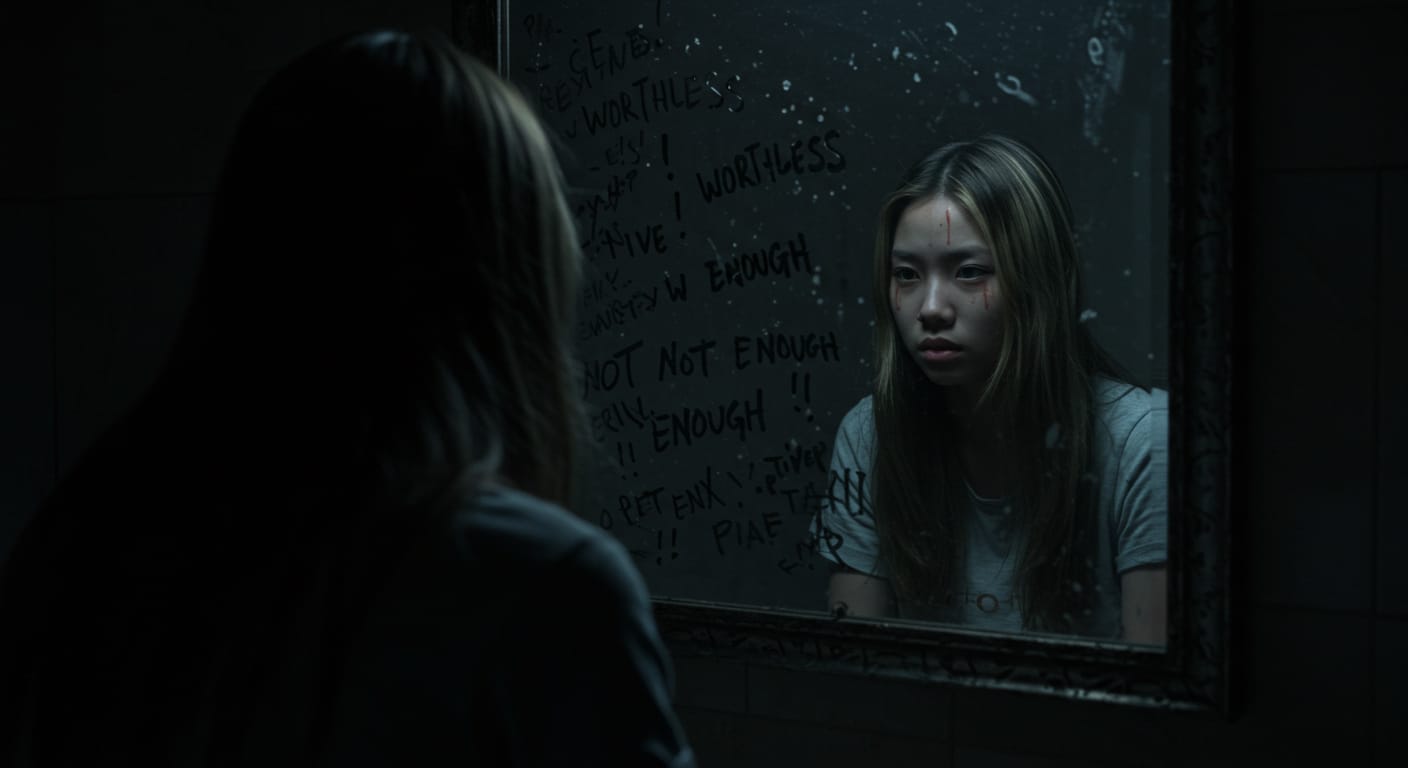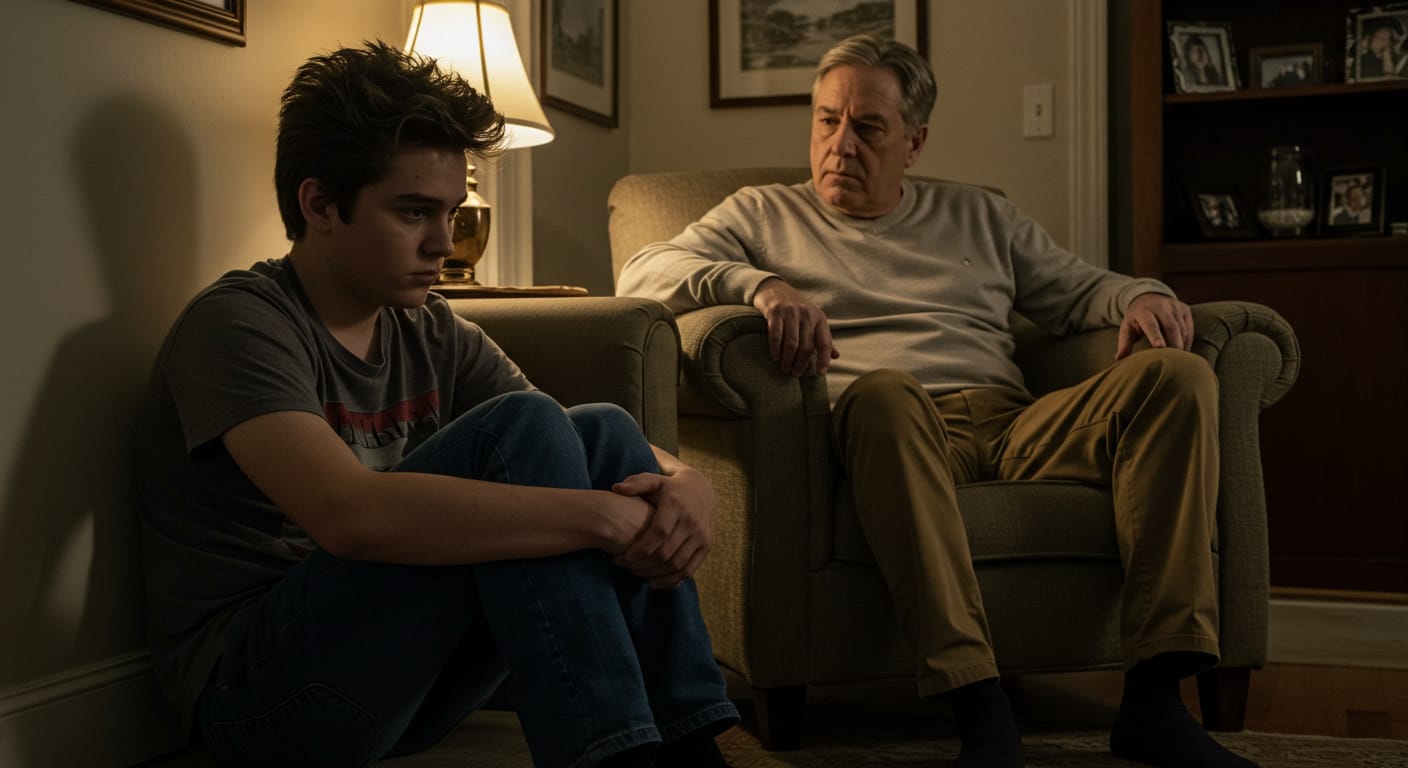Is Denial Real—and Dangerous?
As a parent or guardian, it can be hard to accept the possibility that your child might be struggling with depression. You may tell yourself it’s just a phase… they’re just being dramatic… things aren’t that bad. But here’s the hard truth:
👉🏾 Not admitting depression in your child is a dangerous form of denial—and it can have lasting consequences.
Why Denial Happens (And Why It’s Not Your Fault)
Depression doesn’t always look like we expect. Unlike physical illnesses like diabetes or a broken bone, depression is invisible, misunderstood, and sadly still stigmatized. Many adults grew up in environments where mental health wasn’t talked about—so brushing it off feels normal.
But denial doesn’t protect your child. It delays support, healing, and potentially life-saving intervention.
Depression ≠ Normal Teen Mood Swings
Yes, teens are emotional. They go through a rollercoaster of changes—hormonal, social, and academic. But that doesn’t mean we should overlook sustained patterns of distress.
Clinical depression isn’t just sadness—it’s a medical condition that affects how a person thinks, feels, eats, sleeps, and functions.
Ask yourself:
-
Have they lost or gained noticeable weight?
-
Are they sleeping way more or less than before?
-
Do they seem sad, irritated, or emotionally flat for weeks?
-
Have they mentioned feeling hopeless, worthless, or even made light comments about death?
If the answer is yes to any of these—it’s time to listen closely.
The Harm of “They Look Happy to Me…”
One of the most dangerous aspects of depression is how well it can hide. Your child might smile at dinner. Laugh with friends. Post on social media. But inside, they could be drowning.
Just because they appear okay on the outside doesn’t mean they aren’t struggling.
And unfortunately, when a parent denies what’s happening:
-
The child feels invalidated.
-
They pull away emotionally.
-
And they might stop trying to ask for help altogether.
The Risks of Unseen, Untreated Depression
Let’s be clear:
Yes—depression can increase the risk of suicidal thoughts. But even beyond that, untreated depression can erode:
-
Self-care routines (hygiene, meals, homework)
-
Social connections (friends, family, teachers)
-
Physical health (sleep, immunity, digestion)
-
Future dreams and goals (confidence, school performance)
Your teen deserves better than to suffer in silence while being told, “It’s not that bad.”
Mental Illness Isn’t Laziness. It’s Not Weakness. It’s Not Selfishness.
You might be tempted to say:
-
“You have nothing to be sad about.”
-
“Just snap out of it.”
-
“Why can’t you just be grateful?”
But please—don’t.
These statements shut your child down and deepen the shame they already feel. Depression already whispers lies like, “You’re not enough.” The last thing they need is for those whispers to be echoed by someone they love.
What You Can Do Instead:
-
Be open to the idea that this is real.
-
Watch for sustained changes, not just isolated moods.
-
Seek a professional’s opinion. Depression can mimic or mask other conditions—only a qualified therapist or doctor can assess that clearly.
-
Avoid judgmental language. Instead, try:
“I’ve noticed you seem different. I love you, and I want to understand how you’re really feeling.”
If they’re resistant? That’s okay. Don’t force them. But don’t walk away either.
And If They Deny It?
Yes, denial can come from the teen too. They may:
-
Feel ashamed of their emotions
-
Fear being seen as “crazy” or “weak”
-
Believe they’re a burden
-
Or simply not have the energy to care
In those moments:
-
Be patient.
-
Offer small, gentle steps.
-
Remind them they’re loved even in the dark moments.
-
And above all: never give up on them.
Final Encouragement
Depression is treatable. But time matters. The longer it goes unacknowledged, the harder it can be to untangle.
Your child may not always ask for help directly. But through their behavior, their silence, and even their resistance—they might be saying:
“Please see me. Please don’t ignore this.”
So see them.
Believe them.
Support them.
That choice could change—or even save—their life.


